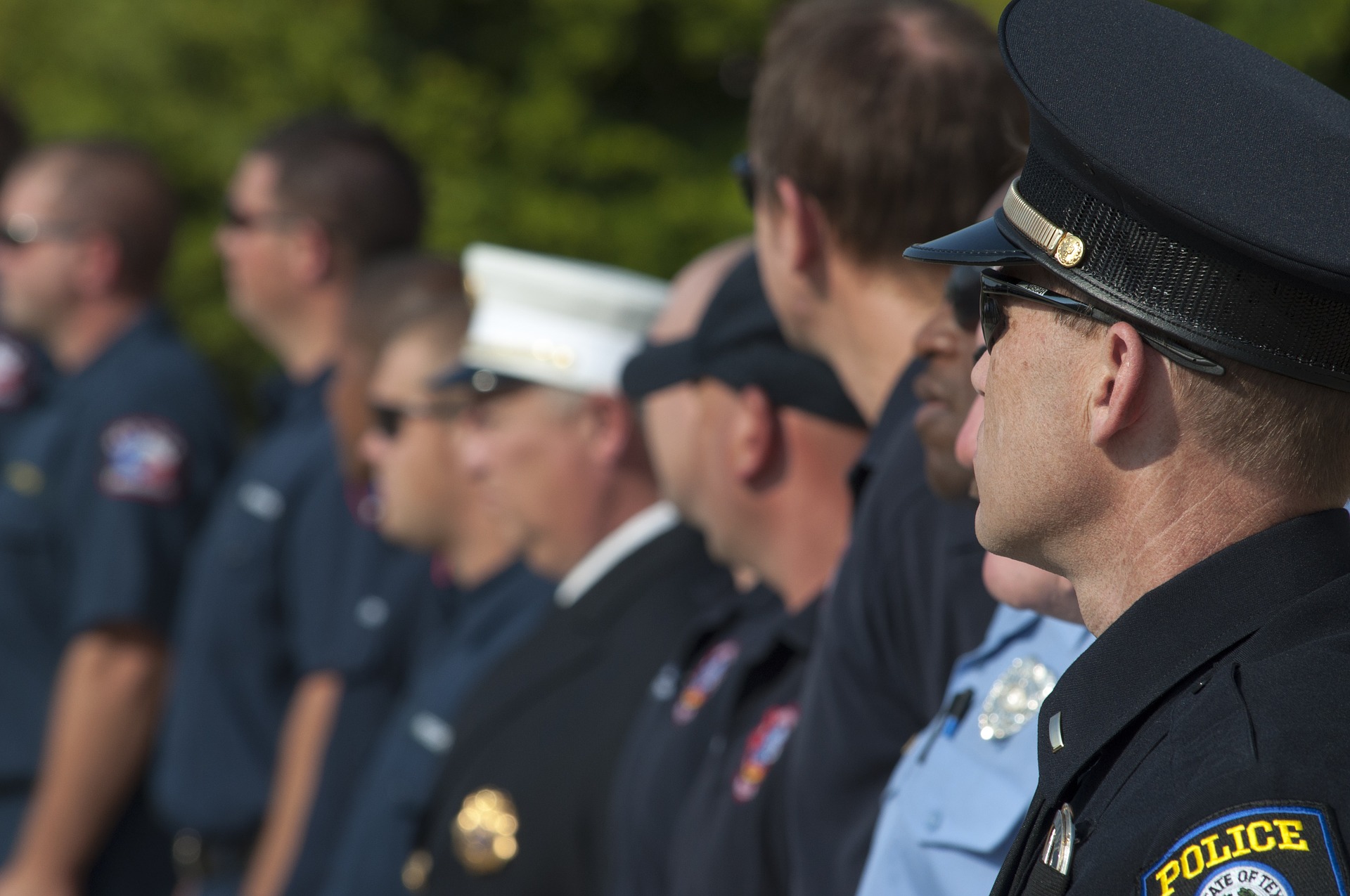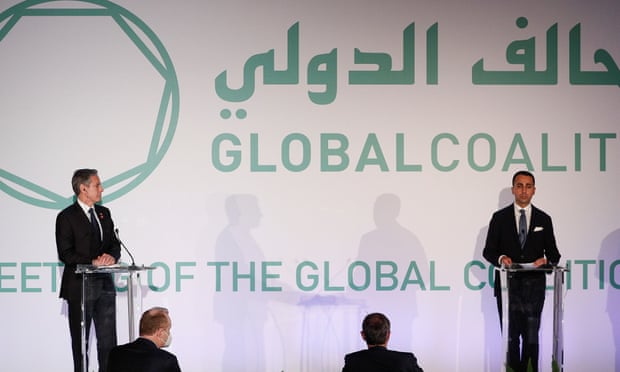Mosques in Birmingham are being helped by the Government to register with the Charity Commission, improve their governance and become more inclusive.
Birmingham has more than 200 mosques, serving one of the UK’s largest Muslim populations. Many of them have thriving congregations and are visited by up to 5,000 people for weekly prayers.
Most of them are registered charities with strong leadership and governance, but some have admitted that their constitutions and governance are not as robust as they could be. The city has been named in leaked intelligence reports as a major recruitment center for Al Qaeda, and there are allegations that extremists have exploited poor governance in some mosques to recruit young Muslims who might be angered by what they see as a war against Islam in Iraq and Afghanistan. Matters were not helped by Operation Gamble in 2007, when nine suspects were arrested in Birmingham during an investigation into a plot to behead a British Muslim soldier. Searches of houses lasting up to three days left Muslim communities and their faith leaders tense and angry.
But there are now multiple projects under way, backed by the Government and the Charity Commission, to improve the way mosques are run. Birmingham City Council is playing a key role. Leading the drive against extremism is the city’s cabinet member for equalities, Councillor Alan Rudge, who consulted widely with the community after the Operation Gamble police raids. “Many mosques did not realize extremism was operating within them,” says the Conservative councillor. “There was a misuse of facilities.” The council identified key issues and put measures in place to tackle them, including the training of imams on ‘Britishness’, help for Muslim women to identify and deal with extremism and projects to improve mosque governance.






